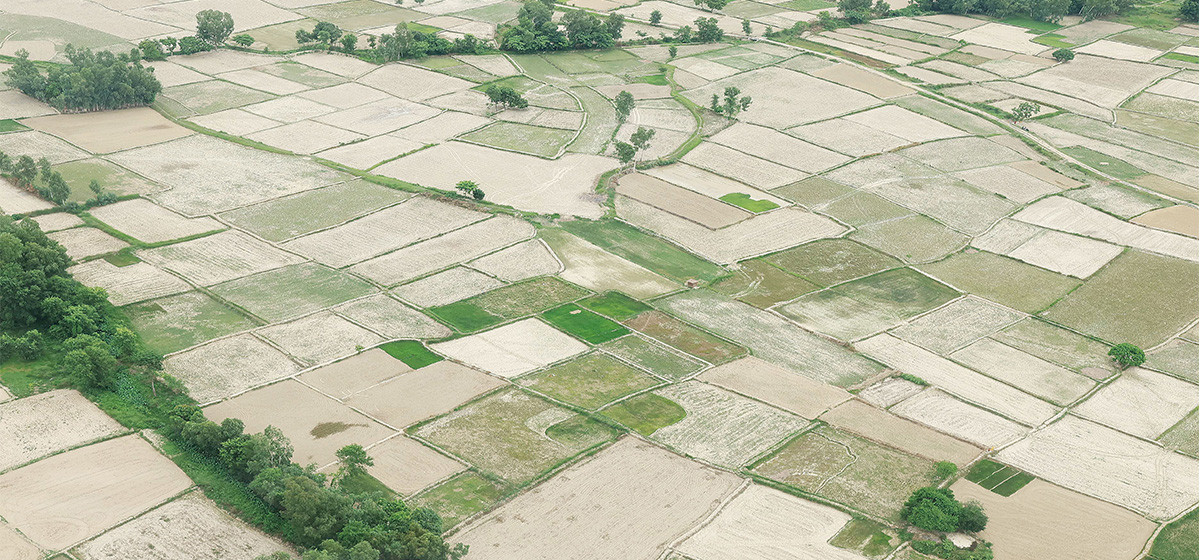KATHMANDU, Jan 3: Amid ongoing controversies over whether or not the manufacturers need to settle the premium charge that they used for dedicated and trunk lines or not, the Nepal Electricity Authority (NEA) has extended the payment period to settle discounted billing in up to 60 installments.
The decision was made during a meeting of the NEA Board of Directors held on Monday evening, chaired by Minister of Energy, Water Resources, and Irrigation Shakti Bahadur Basnet. The board increased the installment arrangement to pay outstanding amounts.
Kulman Ghising, managing director of the NEA, stated that the board has implemented a special arrangement to facilitate installment payments for the same number of months or a maximum of 60 months for which the discount bill is issued.
Previously, during load shedding, customers in industrial, commercial, and non-commercial categories receiving electricity from dedicated feeders and trunk lines (lines connecting substations) were repeatedly urged through public notices to pay electricity tariffs with premiums. After they ignored these requests and refused to pay, the NEA began disconnecting power lines from December 22, 2023, in accordance with the Electricity Distribution Regulations, 2078 BS Regulation 31, and Electricity Tariff Collection Regulations, 2078 BS.
Dedicated and trunk line dues can be paid in a maximum 60 insta...

While common consumers experienced daily load shedding of up to 17/18 hours, 239 industrial, commercial, and non-commercial customers received more than 20 hours of electricity through dedicated feeders and trunk lines. Among these customers, 178 have paid electricity tariffs to the NEA on time, including premiums for dedicated and trunk lines.
The total outstanding amount for the 61 consumers using electricity from dedicated and trunk lines until mid-December 2023 is Rs 22.24 billion. Of this, the electricity lines of 23 industries with outstanding debts of more than Rs 50 million have been disconnected. The NEA plans to gradually disconnect the lines of other industries refusing to pay the arrears.
Himal Iron paid the first installment
Himal Iron and Steel, operating in Parwanipur under the Bara-Parsa Industrial Corridor, has commenced the repayment of outstanding bills through discounted billing for electricity consumption from dedicated and trunk lines.
Manoj Silwal, deputy managing director of NEA's Distribution and Customer Service Directorate, reported that Himal Iron made the first installment payment of Rs. 2.711 million out of the total Rs. 81.2 million.
Silwal further mentioned that following the industry's initial installment payment, the electricity line was reconnected at 9 PM on Monday. The NEA had previously disconnected the industrial line on Friday. The industry has committed to settling the remaining amount in 36 installments.
NEA can charge the premium fee only if there was load shedding after May 14, 2018: ERC
The Electricity Regulatory Commission (ERC) has said the Nepal Electricity Authority (NEA) can charge the premium rate of electricity bills only if the NEA ascertains the readings of the Time of the Day (ToD) meter.
The 218th meeting of the ERC held on Monday, came up with the decision that the manufacturers need to settle the bills of trunk lines of only that period if they had used the facility when the load shedding was prevailing for at least six hours a day, while they had used electricity provided by the authority for 20 hours on daily basis.
The independent regulator of Nepal’s electricity sector however said that the NEA could confirm first the ToD records in order to take the premium rates from the manufacturers. “The main accountable and implementer body of the ToD meter is the NEA itself, as defined by the Patan High Court. Therefore, the NEA itself has to make a decision on the issue and act accordingly,” said the ERC in its statement.






































